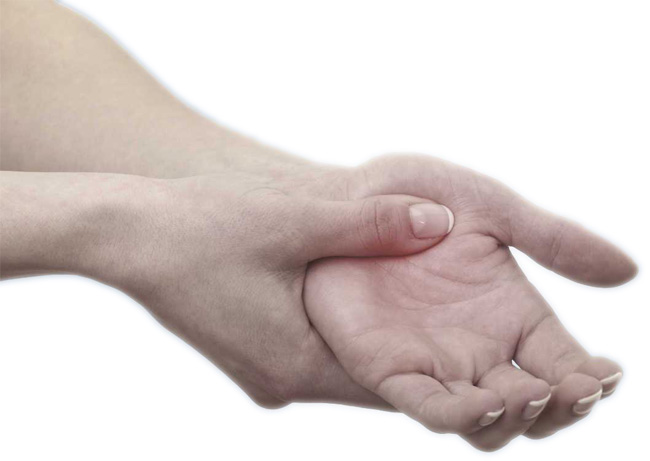There are always a set of maladies we have that seem very basic but trouble us ever so often. Although we face it on a regular basis, we don’t know what causes it and how to keep it at bay. The Week talked to Dr Anushree Adhikary, medical officer at Grande International Hospital, to know more about these illnesses. Although she talks about how to take care of these discomforts, she also advises you to see a doctor if any of these ailments get severe or don’t seem to have a discernable cause.
Gastritis
Gastric is one of the most common problem people in the valley face. It is caused by bad food habits, that is, having long gaps between two meals. The stomach produces digestive enzymes at regular intervals. When there is no food to digest, these enzymes irritate the gastric mucosa that lines the walls of the stomach which causes severe pain. Helicobacter pylori (H. pylori) can live in the digestive system for years and cause similar symptoms as well.
In order to avoid this, eat small portions of food that has been spaced out over short intervals. Don’t have breakfast at 7 am and lunch at 1 pm. Avoid spicy food items and drink plenty of water throughout the day.
 Muscle cramps
Muscle cramps
Cramps are caused by an involuntary contraction of muscles, and commonly occur in the calf muscles of the legs. There can be many reasons behind muscle cramps. Fatigue, Dehydration, imbalance of electrolytes in your body, low calcium or magnesium, vitamin B deficiency and low levels of potassium or sodium are just some of them.
These cramps can be very painful. The best way to try to avoid them is by making sure you keep yourself hydrated. Massage the cramped area gently in order to soothe the muscles and help them get back in place. Oral rehydration (ORS) is one of the best remedies as it is charged with all the vital vitamins and minerals you need. In case it isn’t immediately available, have fruits that are high in potassium, like bananas.
Ensure basic rights of persons with disabilities: NHRC Chair

Common cold/runny nose
Common cold is a self limiting disease, but is one of the leading problems in the valley. The dust and the air pollution make it worse by adding persistent cough into the equation.
These are many causes for common cold. Some usual ones include allergies like dust allergy, seasonal allergies, cold allergy, or it could even be a viral that’s doing the rounds. The viral cold usually has a course of one to two weeks, although with the pollution, you should wear a mask, preferably with a filter, in order to save yourself from the dust induced coughing.
Paresthesia
Paresthesia is caused by the compression of nerves and is characterized by the tingling feeling of your hands or legs ‘falling asleep’. It is usually caused by sitting in the same positing for a prolonged period of time or when you fall asleep on your hands. Recently, however, people who use their phone in the same position for long durations have also been feeling the pins and needles on their hands or fingers. Immediate relief should occur when you change positions. If the feeling persists and there isn’t any obvious cause for it, some other disease or injury of nerve could be causing the sensation and you should see the doctor as soon as possible.
 Back pain
Back pain
Back pain has become the most common issue of the people in the valley and happens mostly because of bad posture. People with jobs that include lifting or pushing heavy weight or people who have to sit in the same position for hours on end are more susceptible to back aches. However, it has been noted that people with highly stressful jobs have it as well, regardless of the time they spend in the same position.
In order to avoid back pain, avoid hunching or slouching and be very aware of your posture at all times. The best posture is to have your spinal cord straight and your chin parallel to the floor. If your work requires you to not move around, make sure you change your position regularly and that you stretch and move around at regular intervals.




































